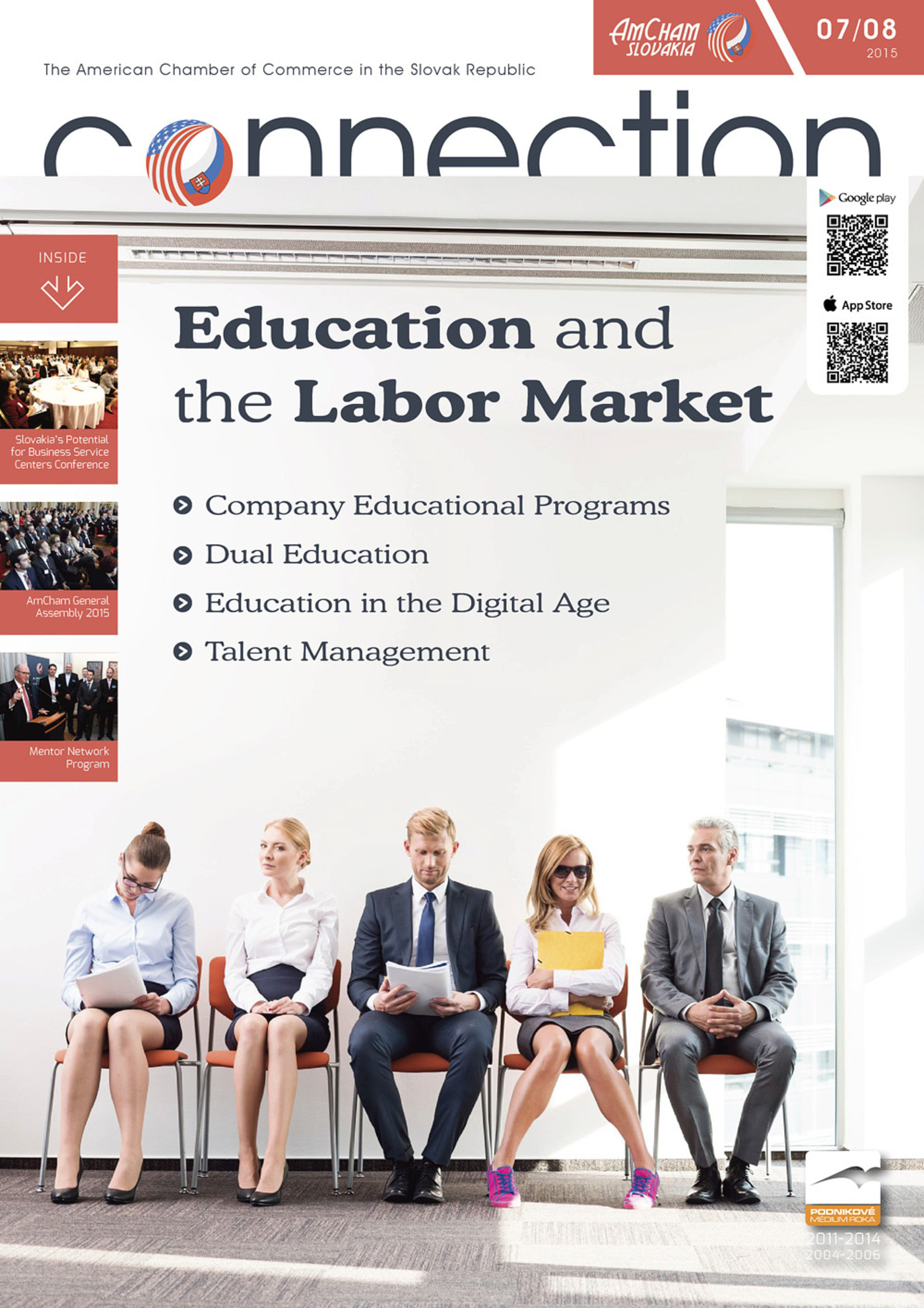Today’s business environment is as dynamic, volatile and fast changing as ever. Organizations that survived the credit crunch and recession have emerged stronger and more efficient and have only just started to make tentative steps in expanding and developing their talent. There is still a great deal of uncertainty on how the Eurozone and EU economies will grow and there is greater unpredictability which drives businesses to be more flexible and agile while making the most of all their assets, including their human capital.
One of the major challenges facing employers today is ensuring that every employee makes the correct active contribution to the success of the organization. Employers are looking for those skills that enable their employees to work effectively and will often take technical skills (domain skills e.g. accounting, IT, HR).
The non-technical, domain skills are often referred to as “employability” skills. They typically include:
- Collaborative working: working well with others around a common goal or objective. It includes sharing knowledge, providing support, high levels of communication and team working.
- Business and commercial awareness: knowledge of the commercial environment and how this impacts the organization and role of the individual.
- Communication: sharing information, proactively seeking information and listening.
- Influencing: the art of persuading and leading others.
- Problem solving: creative thinking to resolve seemingly intractable problems – sometimes referred to as “thinking outside the box”.
- Self-management: the ability to efficiently manage one’s time, workload and achieve some degree of work-life balance
A recent report from McKinsey & Co (the consultancy) found that only 42% of employers felt their graduate intake came adequately prepared for their roles. In addition, only 45% of the graduates felt they were adequately prepared but, 72% of university institutions felt that they had adequately prepared their graduates for the world of work. Clearly there is a disconnect between the perceptions of the academics and those of the employers and graduates. This is exacerbated by the fact that as of now, globally there are more graduates in work than there are non-graduates.
Not all institutions are the same, however. For instance at BPP University, our strategic focus is on practitioners teaching practitioners and future practitioners, and to be very close to employers. For instance the vast majority of our faculty have at some point worked in their chosen field, whether it be law, business, health or accountancy. We place less emphasis on academic research and the greater emphasis is on ensuring the employability skills, such as those highlighted above, are embedded into the curriculum for students. Likewise we have developed career pathways which link school leavers to apprenticeships with employers so they can build work experience through to a degree and a professional qualification for their chosen field.
All programs are aimed at the world of business. We are the only UK University solely dedicated to business and the professions. We offer a strong commercial approach, within a business culture designed to help them stand out in the workplace after they graduate. Our programs are designed in partnership with employers and respected professionals in the fields of law, business, finance and health.
We believe that schools can do more to ensure that graduates have better employability skills. For instance, at BPP University Law School, students have access to career advisers and are invited to attend modules such as “Preparing for Practice” and “Law Firm as a Business”. The first develops presentation and negotiation skills and the second focuses on commercial and business awareness. Institutions should be held to their promise too. For instance, we offer a career guarantee on the BPP law qualification program that students will have employment within six months (see box below). If they don’t they can take another qualification with BPP at no cost. Almost all (96%) of these graduates are employed within six months.
In conclusion, we believe that the solution lies in university institutions being closer to employers and taking the lead from employers as to what “output” they are looking for. There needs to be more direct contribution from employers as well – with more guest lectures and internships. Universities will also need to recruit more faculty with practical experience in the business world: they will be able to coach students on the differences between theory and practice.
As the global economy continues to develop driven by technology and increasing in pace, it is imperative that tomorrow’s graduates are adequately prepared for the world of work. This is a responsibility of all parties involved – universities, undergraduates and employers. For many this will require significant change in mind set and in practices but it is the promise we have made to Generation Z. We keep our promises.
LPC Career Guarantee
The Legal Practice Course is an excellent first step towards a career in law – but you need to know you’ll find the right job once you qualify. Studying with BPP can make all the difference. That’s what the UK’s leading law firms tell us, and now we guarantee it.
If you don’t get a Training Contract within six months of completing your LPC at BPP you can enhance your CV by studying another qualification with us for free.
Tony Osude, International Director, BPP Professional Education



Follow us